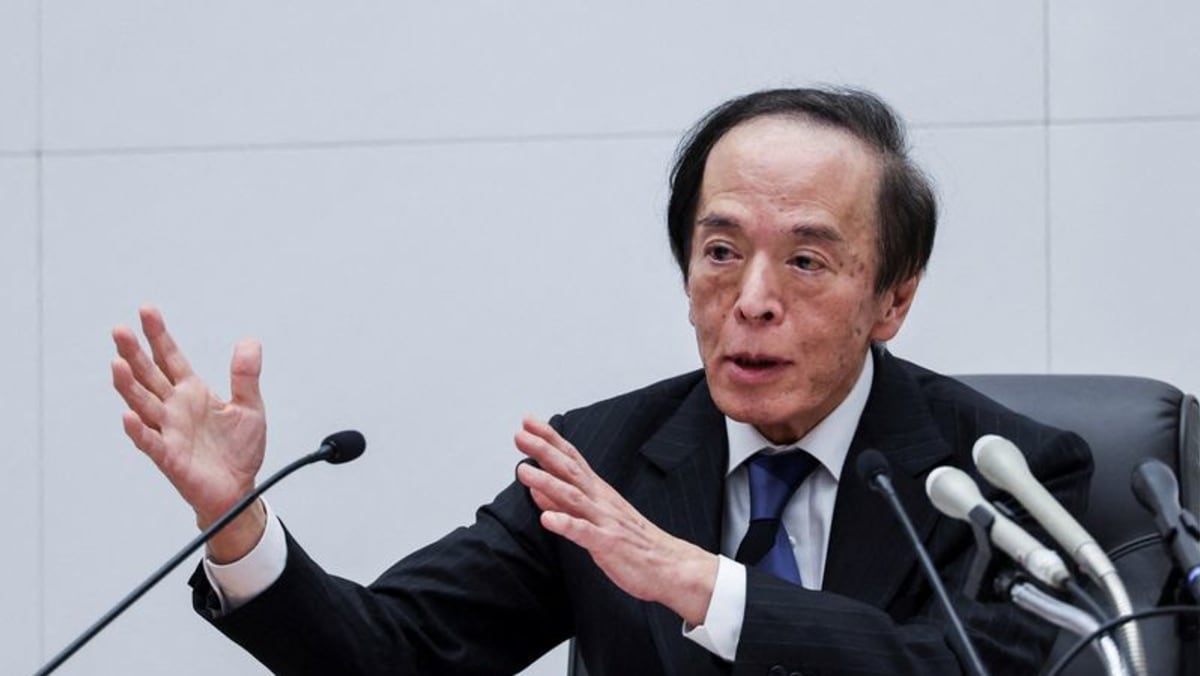TOKYO: The Bank of Japan will forego another interest rate hike this year due to uncertainty over US tariff policy, according to a slight majority of economists in a Reuters poll who expect the next 25-basis-point increase in early 2026.
Japan’s central bank will slow the pace of tapering its government bond purchases from next fiscal year, a majority also said, while three in four surveyed expect the government to cut down on issuance of super-long bonds.
The latest results reflect policymakers’ apprehension at a time when US President Donald Trump’s erratic tariff policies are threatening the economic outlook and as investors are increasingly concerned about Japan’s public finances.
The BOJ is still pushing for tighter monetary conditions, contrasting with its peers tilting for rate cuts, with its governor Kazuo Ueda stressing the central bank’s readiness to keep raising interest rates if underlying inflation approaches its 2 per cent target.
“If trade negotiations between the United States and other countries progress, global economic activity is likely to pick up,” said Takumi Tsunoda, senior economist at Shinkin Central Bank Research Institute.
“The timing of policy interest rate hikes is now more likely to be delayed compared to previous projections, but the BOJ is expected to implement an additional rate hike in the first quarter of 2026.”
None of the 60 economists in the Jun 2-10 survey expected the BOJ to raise rates at its upcoming policy meeting on Jun 16-17.
Specifically, 52 per cent of economists, 30 of 58, expected borrowing costs to stay at 0.50 per cent at year-end, the reverse of a poll in May when 52 per cent expected rates at 0.75 per cent by end-2025.
Interest rate futures are only pricing in about 17 basis points more of tightening from the BOJ by year-end.
More than three-quarters of respondents, 40 of 51, now expect at least one 25-basis-point increase by end-March, the poll showed.
Of 35 economists who specified a month for when the BOJ will next hike rates, January 2025 was the top choice at 37 per cent, followed by 23 per cent for October this year and 9 per cent saying March 2025.
The BOJ exited a massive stimulus programme in March last year and pushed up short-term interest rates to 0.25 per cent in July and 0.50 per cent in January.
Just over half of respondents, 17 of 31, said the BOJ would decelerate its pace of tapering JGB purchases from the current roughly ¥400 billion per quarter beyond April next year.
Of those respondents the quarterly taper size prediction ranged from ¥200 billion to ¥370 billion.
The BOJ began tapering its huge bond buying last year to wean the economy off decades of massive stimulus even though it still owns roughly half of outstanding JGBs.
Three-quarters of economists, 21 of 28, said the government would trim issuance of super-long bonds while the rest said the amount would not change.
Yields on super-long JGBs rose to record levels last month due to dwindling demand from traditional buyers like life insurers and concern over steadily rising debt levels.
Reuters reported on Monday the government is considering buying back some super-long bonds it issued at low interest rates on top of an expected government plan to trim issuance of super-long bonds in the wake of sharp rises in yields.
Seventeen said the issuance of 30-year JGBs would be reduced, followed by 16 selecting 40-year and 10 choosing 20-year bonds. Survey respondents were allowed to give multiple responses.
“With the auction results consistently weak, the finance ministry is facing strong pressure to reduce the amount of super-long JGBs issued from July onwards,” said Kazutaka Maeda, economist at Meiji Yasuda Research Institute.
